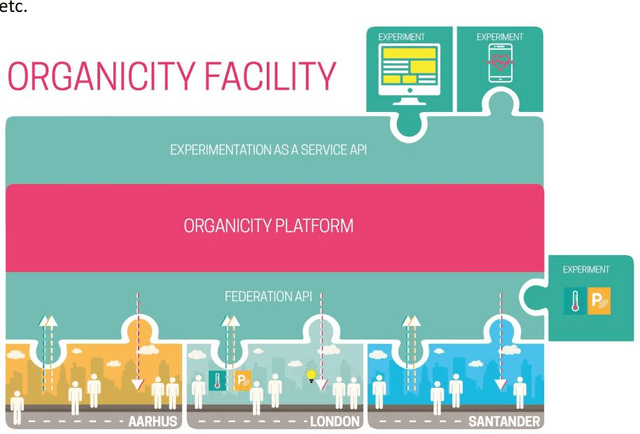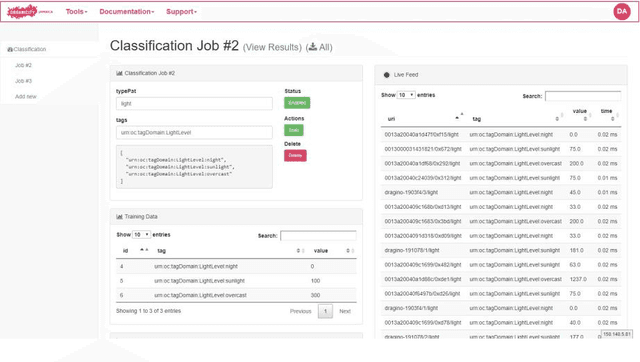Dimitrios Amaxilatis
Filling in the Blanks: Applying Data Imputation in incomplete Water Metering Data
Jun 10, 2025



Abstract:In this work, we explore the application of recent data imputation techniques to enhance monitoring and management of water distribution networks using smart water meters, based on data derived from a real-world IoT water grid monitoring deployment. Despite the detailed data produced by such meters, data gaps due to technical issues can significantly impact operational decisions and efficiency. Our results, by comparing various imputation methods, such as k-Nearest Neighbors, MissForest, Transformers, and Recurrent Neural Networks, indicate that effective data imputation can substantially enhance the quality of the insights derived from water consumption data as we study their effect on accuracy and reliability of water metering data to provide solutions in applications like leak detection and predictive maintenance scheduling.
LearningCity: Knowledge Generation for Smart Cities
Apr 12, 2021



Abstract:Although we have reached new levels in smart city installations and systems, efforts so far have focused on providing diverse sources of data to smart city services consumers while neglecting to provide ways to simplify making good use of them. In this context, one first step that will bring added value to smart cities is knowledge creation in smart cities through anomaly detection and data annotation, supported in both an automated and a crowdsourced manner. We present here LearningCity, our solution that has been validated over an existing smart city deployment in Santander, and the OrganiCity experimentation-as-a-service ecosystem. We discuss key challenges along with characteristic use cases, and report on our design and implementation, together with some preliminary results derived from combining large smart city datasets with machine learning.
 Add to Chrome
Add to Chrome Add to Firefox
Add to Firefox Add to Edge
Add to Edge